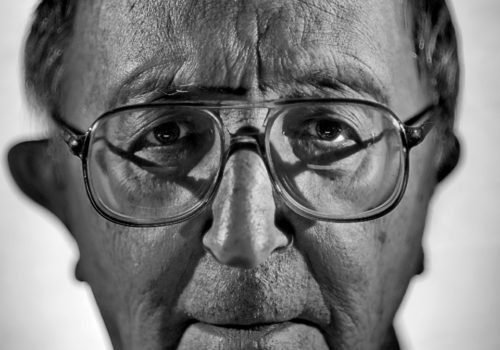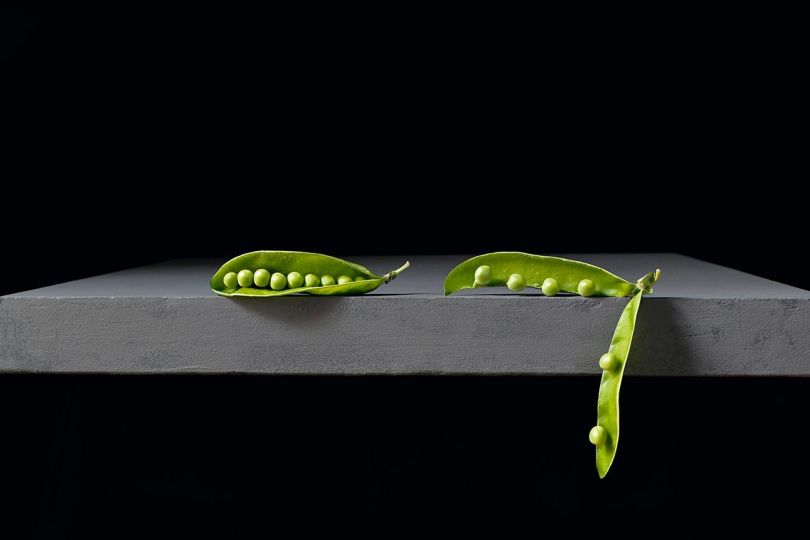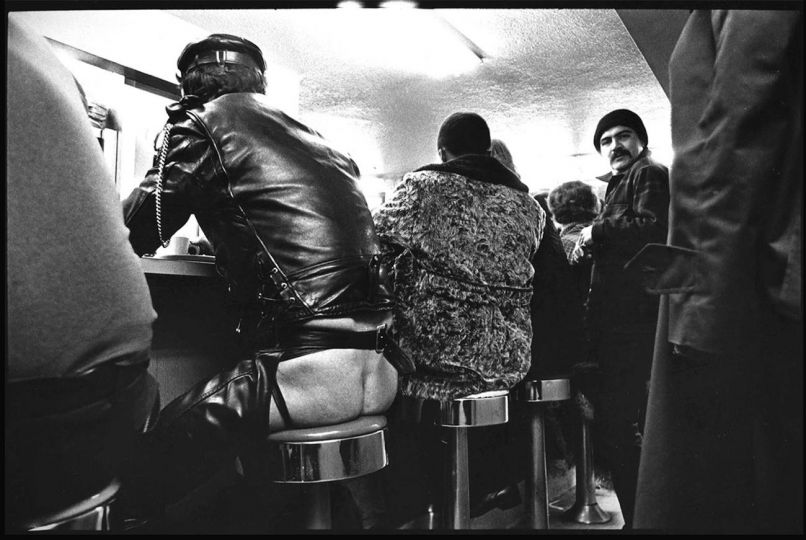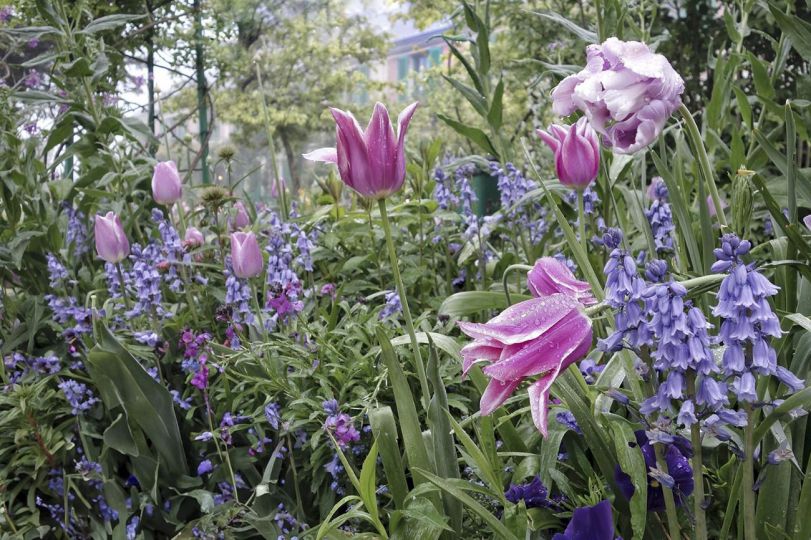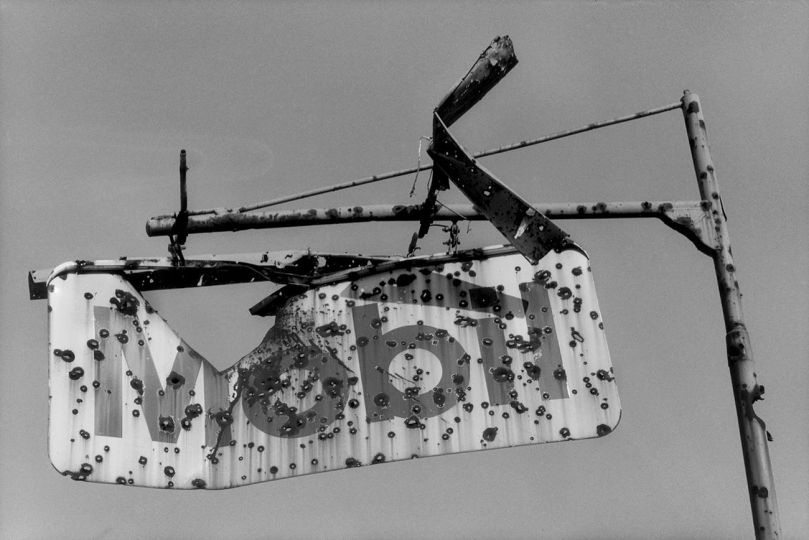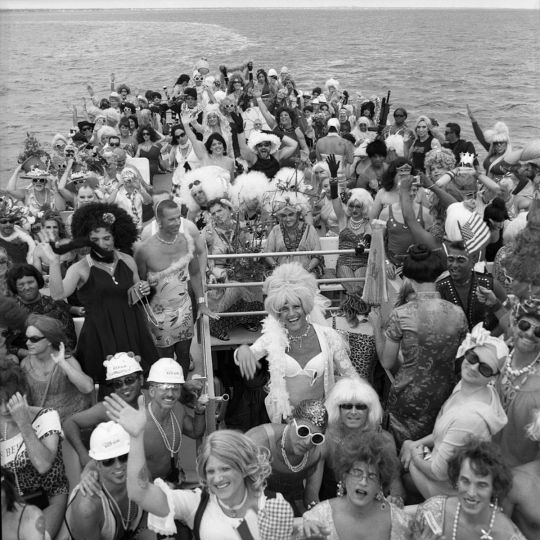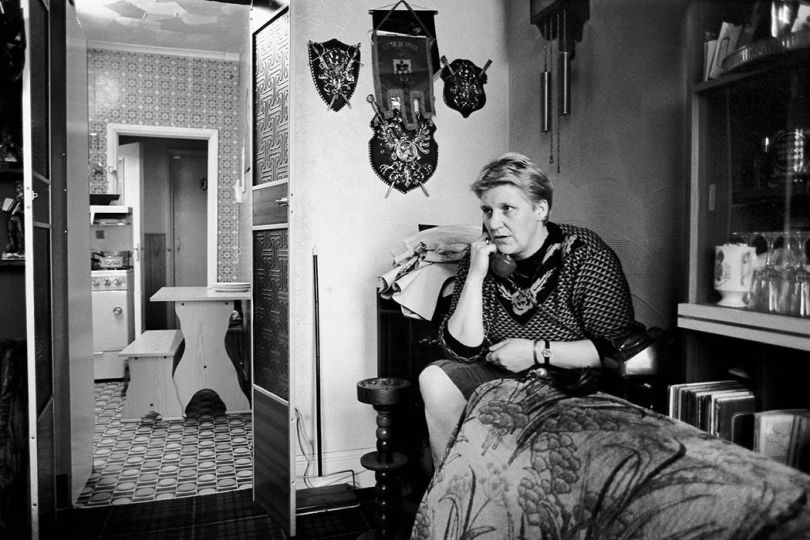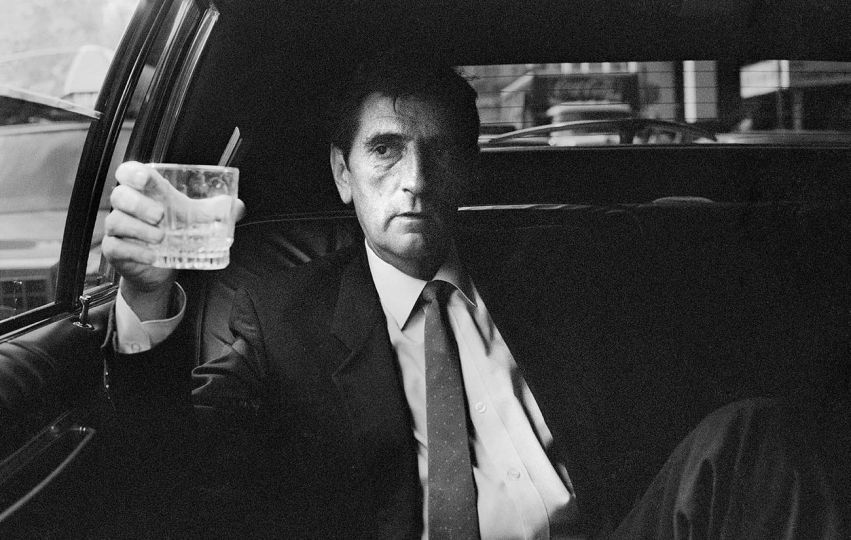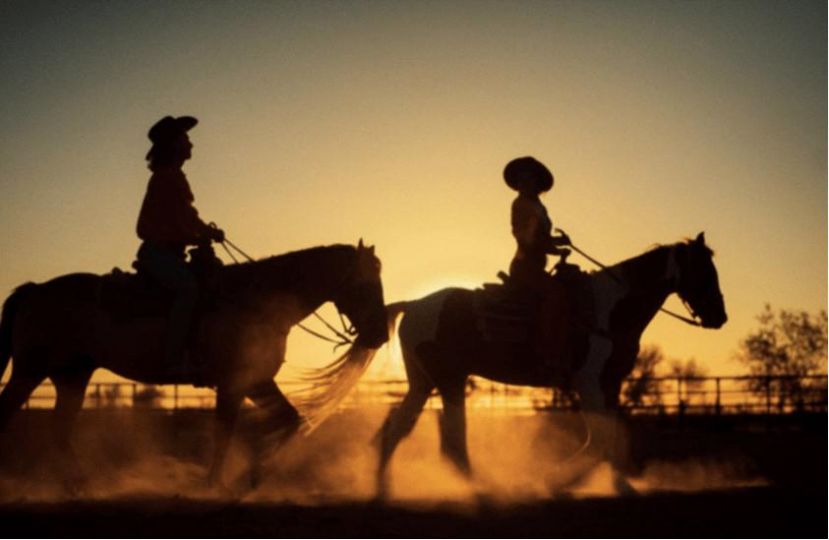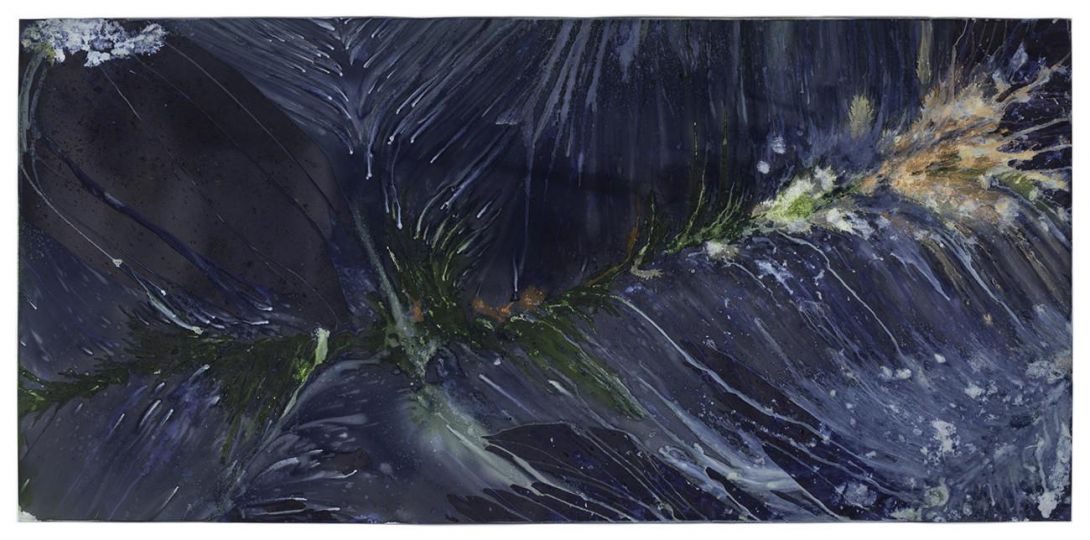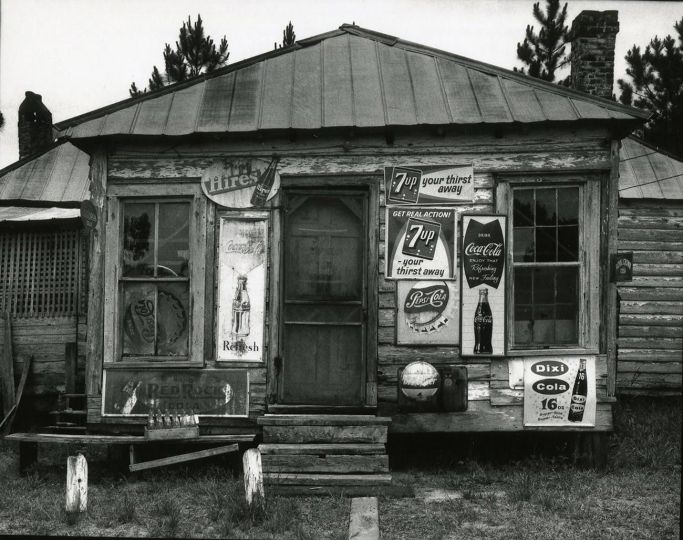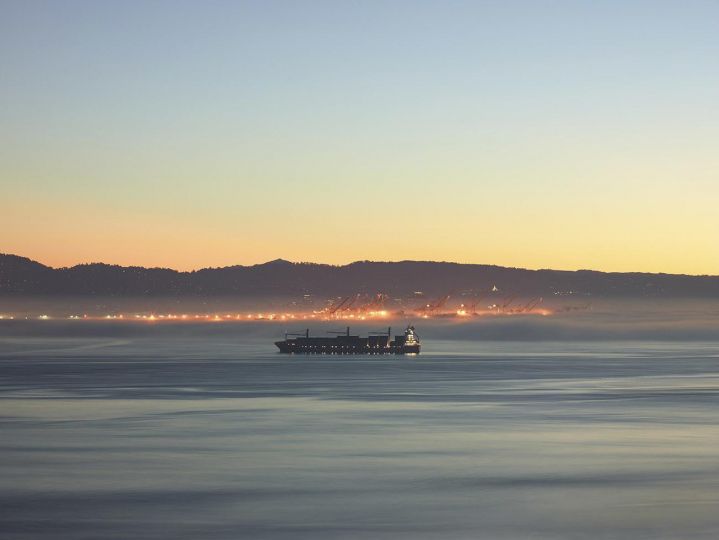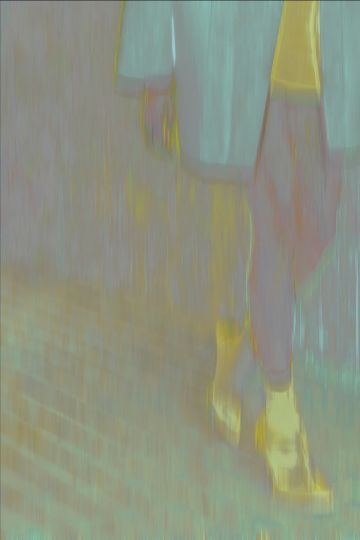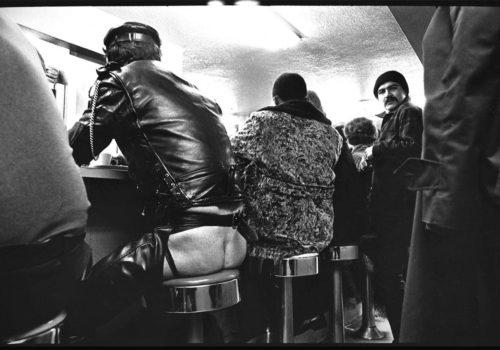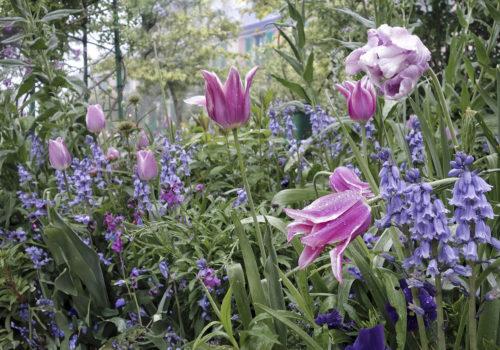Kirill Nikitenko took pictures of 54 opponents to the current Russian regime, among them, Garry Kasparov, Boris Strugatski, actors, writers, and journalists. It has become an exhibition organized by Elena Khodorkovskiy, wife of political prisoner Michail Khodorkovskiy, with the Institute of Modern Russia. We are publishing the interview of Kirill Nikitenko by Svetlana Bachevanova.
Kirill Nikitenko is a Moscow based photographer. He began taking photographs at an early age, and soon made photography his profession and life purpose.
Svetlana Bachevanova: Is Russian Visionaries: Into the Light photo evidence of something?
Kirill Nikitenko: The main value of the exhibition is that it is an historical record that I hope will persist in history for a long time. What makes it historical is the combination of the photographs and the idea behind them. Each individual image is a small piece of history because it carries the story of the person behind it. Combine this with the fact that they all are Russian oppositionists (some of them very well known) it will become historical evidence. Whatever the future of Russia some of these people will help shape it, so the project will stay in the history because of the people I photographed who are part of the modern day history.
Svetlana Bachevanova: How did the idea of portraying Russian opposition intellectuals came to you?
Kirill Nikitenko: The idea belongs to Elena Khodorkovskaya. She invited me to participate in the project to combine my artistic vision with her political vision.
Svetlana Bachevanova: The accent in your portraits is the eyes of the people you photographed. Why did you make this decision?
Kirill Nikitenko: For me the eyes in a portrait are the most important piece. I tried to achieve this focus using light and other techniques. Philosophically we can elaborate on the fact that eyes are the reflection of one’s thought process. The thoughts of these people and their gaze are related because the focus on the eyes and the ability to glance on the eyes is the ability to transmit intangible information. Also Important is that these people live with open eyes. They are not shutting themselves off to where the country is going or what happened with our society. They are the people who see and have decided to speak out.
Svetlana Bachevanova: What about the future that they see is still not visible for the majority of people in Russia?
Kirill Nikitenko: There are a lot of things that happen now in Russia that people tend not to see. A clear example of this is what is happening now with the unjust imprisonment of Mikhail Khodorkovskiy, who is one of the subjects in this exhibition. His case has gotten attention but there are so many more examples like him that people ignore. If I had to make a short list of what people in Russia try not to acknowledge in first place would be their uncertainty in the justice system. I think the basic problem is the lack of law and this absence of the rule of law drives all other issues like the freedom of the press and economic fairness.
Svetlana Bachevanova: What was the reaction of the people when you approached them for this project?
Kirill Nikitenko: It is Elena who called them but I know that everyone she called immediately agreed to participate with great enthusiasm. She was a little afraid to call directly our very famous Russian actor Sergey Yursky but on the phone he was very happy to hear about the project. Elena thought that most of them agreed to participate because of Mikhail Khodorkovskiy, as a way of giving him their support. Another example was Boris Strugatzky. He is old and very ill. He doesn’t meet with anyone but he agreed to make an exception for Elena. So we went to his house in Saint Petersburg and did an interview and I photographed him.
Svetlana Bachevanova: What did you find was the primary concern of these people about the time after the elections in 2012?
Kirill Nikitenko: The main concern is that that all of them know who is going to be elected in 2012, the inevitability of United Russia winning and Putin as President. I am an artist and not active politically so it is hard for me to speak on the subject but I this is the information that I learned from the people I photographed for this exhibit. Most believe that if there is no change the process of the evolution and development of the country will slow and lead to stagnation because we can’t become a modern state the way we are now. I think this the main negative outcome that these people see.
Svetlana Bachevanova: How many people you photographed? How many you did not?
Kirill Nikitenko: We photographed 53 people for this exhibit and there is also one portrait of Mikhail (Khodorkovskiy), which is not mine. We wanted to invite many more people but we were limited with the size of the exhibit. Marianna Maksimovskaya, a political commentator who was invited to participate asked Elena how many “enemies of the people” will be included in the project. She was referring to the way the opposition is described in Russia as an enemy of the people. The idea of change is also supported by many that are now the middle class in Russia. This middle class is growing and changing and starts to ask questions about society. Some think this is a process that cannot be stopped. It is like trying to stop the rivers in Siberia. Only one person we asked declined to participate.
Svetlana Bachevanova: You live in Moscow. Does your participation in this project put you in any danger?
Kirill Nikitenko: If I would be in any kind of danger because of my participation in this project that means that we are back in the USSR. I think I am safe. This is an art project and we are showcasing different opinions. I hope this ok.
Svetlana Bachevanova: How do you think these portraits will contribute to social change?
Kirill Nikitenko: I hope this exhibit will be a way to release information coming from the people I photographed and otherwise won’t be heard. We would like to exhibit the project in Moscow before the presidential elections and as Elena says these voices will give a people a reason to think more about the future of the country. Even to try to avoid the negative consequences of electing the same people again.
Svetlana Bachevanova: In this project are you photographer or activist?
Kirill Nikitenko: In this project I am the photographer, an artist, but as a citizen of my country I am concerned about its future and want my work to help improve this future. Elena says that I have been influenced by the people we photographed for this project. I am sure that this project will change people.
Svetlana Bachevanova: Your portraits are powerful and striking. Which portrait photographers influenced you?
Kirill Nikitenko: There are many great portrait photographers. I know Avedon’s work on the Americans and also follow the work of the most prominent contemporary photographers. I strive to make sure that my work fares well in comparison to them. I want it to be as good as the best of them.

